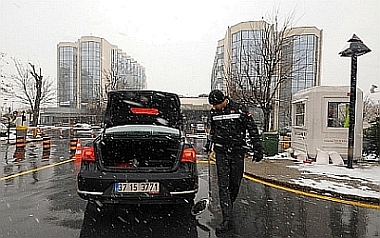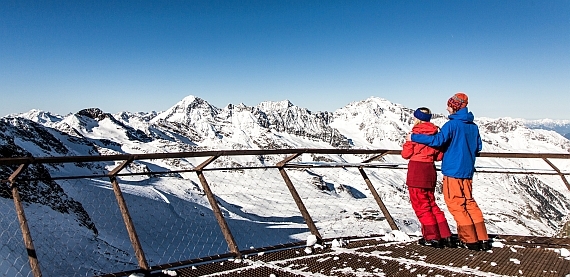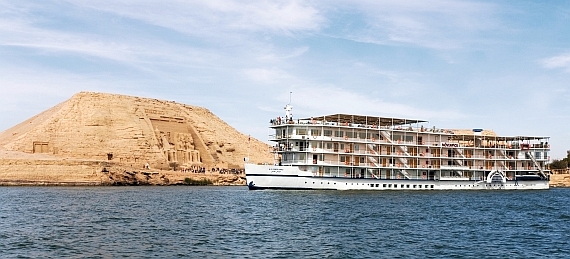
News & Stories
Berlin. Large tour operators and online portals in the holiday home sector face challenges: from growing competition, from political restrictions and from changes to booking and consumer behaviour. Nevertheless, experts and hotel groups still see potential for growth.
Paris. The French hospitality sector struggled financially last year, especially after the attacks in Paris. The overall supply however, went up 2.3% in 2015. According to a recent study from MKG Hospitality, for the second year in a row, hotel capacity in France increased to reach 663,496 rooms in total, including 344,304 rooms within independent and consortia hotels and 319,192 rooms within branded chain hotels.
Innsbruck. A woman by the name of Karin Seiler-Lall is to reanimate Austria's mega tourism destination, Innsbruck, which is the country's third most important city destination.
Berlin. For 2015, Germany has announced the sixth overnight stay record in a row. According to preliminary results from the Federal Office of Statistics yesterday, 436.4 million overnight stays were recorded in 2015. That's 3% more than in the previous year.
Berlin. For over a decade, the ITB "Experts Forum Wellness" has been an indispensable appointment for the wellness tourism industry. This year, an expert from Ghana will speak for the first time. In addition, there will be figures and trends.
Istanbul. The latest World Tourism Organization barometer published last week revealed that despite global economical and geopolitical crisis, people generally keep on travelling and connecting with each other. Egypt is challenged strongly, trying to overcome the terrorist attacks but suffering in affected regions, as our portrait showed last week. This week, it's all about Turkey. Visiting numbers are going down for the first time after years of steady growth. Especially in Antalya, Bodrum and Izmir, professionals fear a dramatic summer season. In Istanbul, hoteliers are more optimistic and spreading the same message to the world: "Istanbul is as safe as Paris or London and it's business as usual." Reality looks different. Turkey's tourism is in pain.
Salzburg. Austria's start to the winter season 2015/16 has flopped. Tyrol, Salzburger Land and Carinthia registered a clear deficit in December. Only the ski centres up in the mountains, with a glacier connection and innovative offers could count on more guests. The December that lacked in snow has already stamped the statistics. What remains with the hotel industry is the hope that the compacted winter season will still pay off economically through the early Easter celebration this year. Up to now, there is only anxious hope instead of snow.
Vienna. Nine out of ten Austrians plan to travel in 2016 – and indeed for more days than in the year before. The fact that the declared wanderlust is increasingly being sated closer to home has to do with financial limitations and growing uncertainty.
Cairo. The Egyptian government is currently making concentrated efforts to attract much-needed tourists, driven away by recent militant attacks, and restore confidence in the safety of its attractions and visitors. Concerning this matter, Egypt will spend 32 million dollars to upgrade security in key tourist resorts. Moevenpick Hotels, one of the big operators in the region is still very positive and even plans a new property in Egypt. Depending on location, some Orascom hotels are suffering severely whilst others have recorded an increase in earnings. Steigenberger is also currently suffering in Hurghada and Sharm El-Sheikh.
Rome. After years of struggling, 2015 finally proved to be a good year for the Italian hospitality sector. Still, many challenges are on the horizon, at least for specific country destinations and market segments. The absence of snow during the first weeks of the current winter season, for example, has just alerted several mountain locations, while the international terrorist threat affected most Roman hotels, nullifying the positive influence of the jubilee year. International air connections could possibly impair hospitality performance of southern destinations like Apulia and Sardinia. In the meantime, the "sharing economy" and "parity rate" are still the chief worries of hoteliers. In brief: the Italian hotel industry may have started its recovery, but "we need another five years of growth before we can make up the lost ground", declares Federalberghi President, Bernabò Bocca.




